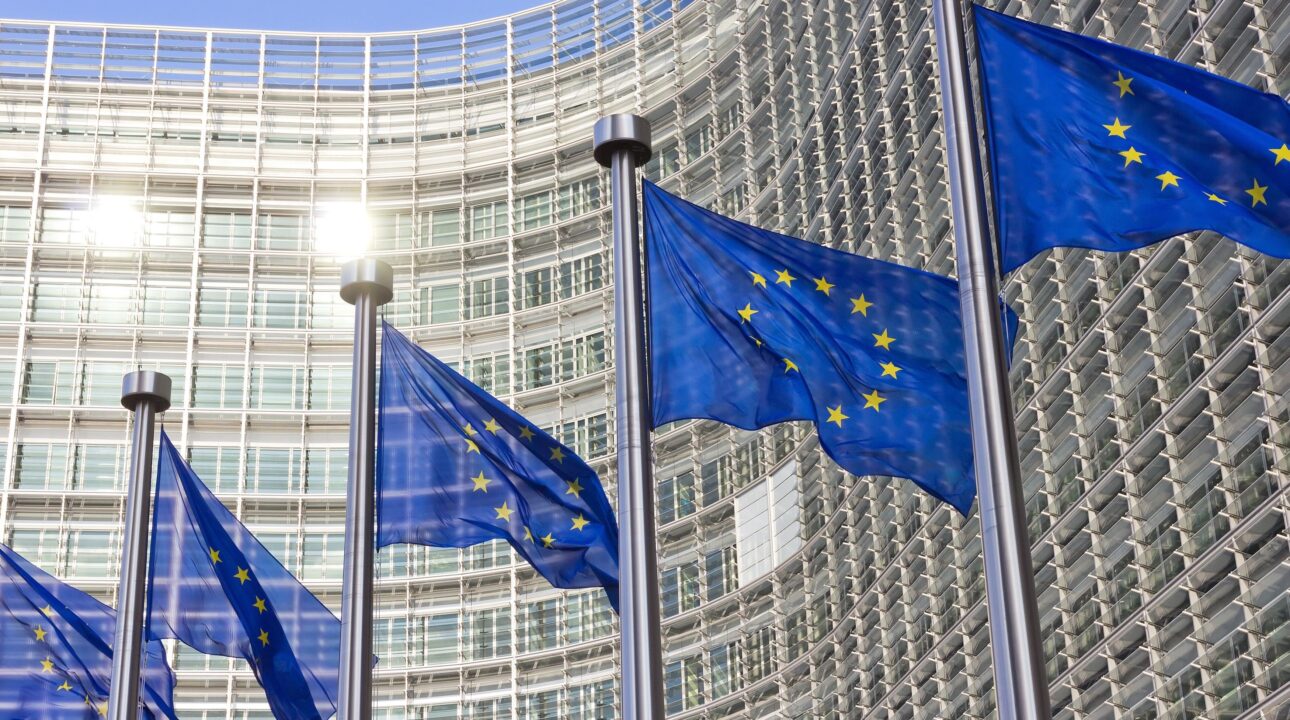The European Union is an economic and political alliance of 27 states, between which internal borders have virtually been abolished. One of the prevailing ideas of the EU is the equality of every citizen, regardless of the country of origin, racial or national affiliation. The holder of a passport of any of the states that are part of the European Union gets access to a multitude of social guarantees. Also, an EU citizen can count on free movement within the union.
What the EU gives to its citizens
With a passport of any country that is part of the European Union, the applicant has access to such rights and privileges:
- Residence in any union state without time restrictions.
EU citizens are equal in the opportunity to choose any EU country as a place of permanent residence. At the same time, registration in the state of residence or a resident card may be required, which are provided to applicants without requiring other documents (for example, a visa).
- Protection of personal rights and freedoms.
Any form of personal discrimination is strictly suppressed in the European Union, ideas of democracy, basic freedoms, and the rule of law are actively promoted. In 2012, the union received the Nobel Prize for 60 years of activity in maintaining peace and stability. EU citizens do not face unjustified restrictions in the labor or educational sphere, they are protected by trade unions and compulsory insurance. Applicants can count on fair treatment from law enforcement agencies and objective consideration of cases by the judicial system. Each of the listed conditions is regulated by the Charter of Fundamental Rights of the European Union.
- The opportunity to work in any union state.
EU passport holders have the right to work, pay tax contributions, and subsequently claim a pension in any EU country they like.
- Access to the European single market.
The EU is the largest trading block on the planet, where logistics and customs obligations are maximally simplified. Most union countries use a single currency – the euro. Also, there is no roaming for telephone and digital services in EU countries. EU citizens can develop business in the Single Market, selling goods or services on favorable terms.
- Receiving quality medical services.
All citizens of the European Union must arrange a single medical insurance, which can also be provided by the employer. Based on this document, applicants have the right to apply to state hospitals in any EU country to receive qualified help without paying for services or at the same cost as provided for local passport holders.
- Guarantee of receiving education.
Education in primary and secondary schools in EU countries is free and compulsory for all residents. Citizens of the union countries have the right to receive professional or higher education in any institution located in the EU. Also, EU passport holders can count on financing education from the state budget in certain union countries. Students who are EU citizens have the right to apply for participation in scholarship programs and receive grants.
- Reunion with close relatives.
EU citizens have the opportunity to live in any of the union countries with family members – spouses and children. Relatives of EU passport holders are entitled to apply for a temporary / permanent resident card of the respective state or simplified citizenship registration within the framework of accelerated naturalization.
- Availability of social guarantees.
European Union states actively support their citizens in terms of personal growth, overcoming crisis situations. Depending on the status, EU passport holders can count on benefits (for example, for large families or mothers with small children), state payment for mastering a new profession, assistance with integration into society and job search.
Features of the EU`s social and migration policy
The European Union actively promotes the idea of improving the quality of life of its citizens, which implies, among other things, improving working conditions, increasing the number of jobs. The main tasks of the EU are aimed at forming a strong union, with intensive dynamics of economic and social development.
Also among the directions of development is migration policy, which allows foreigners from countries not included in the European Union to move and integrate into local society. In EU countries, there are programs for simplified or accelerated citizenship registration for certain categories of applicants: for example, repatriates or investors.







 Other news
Other news